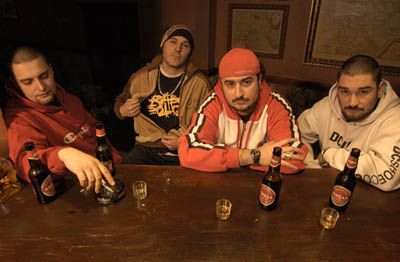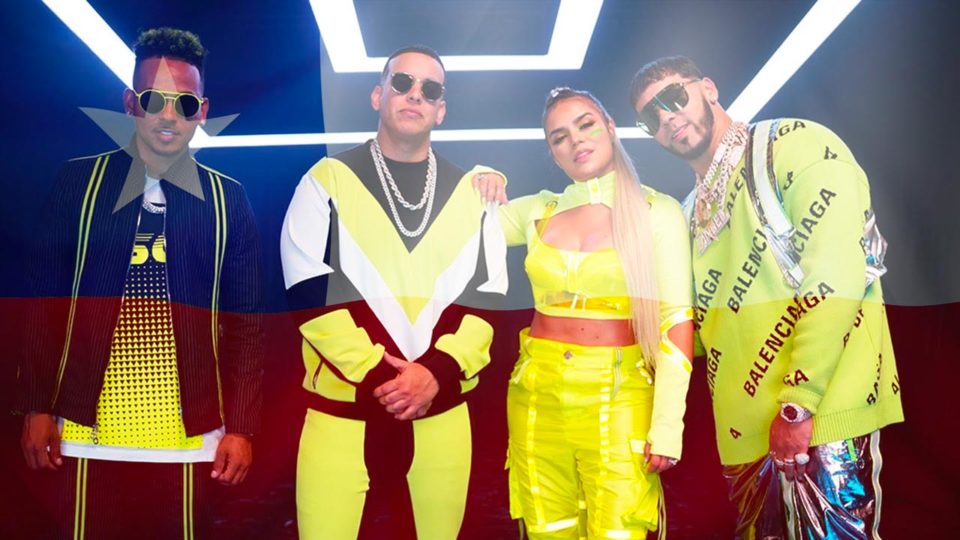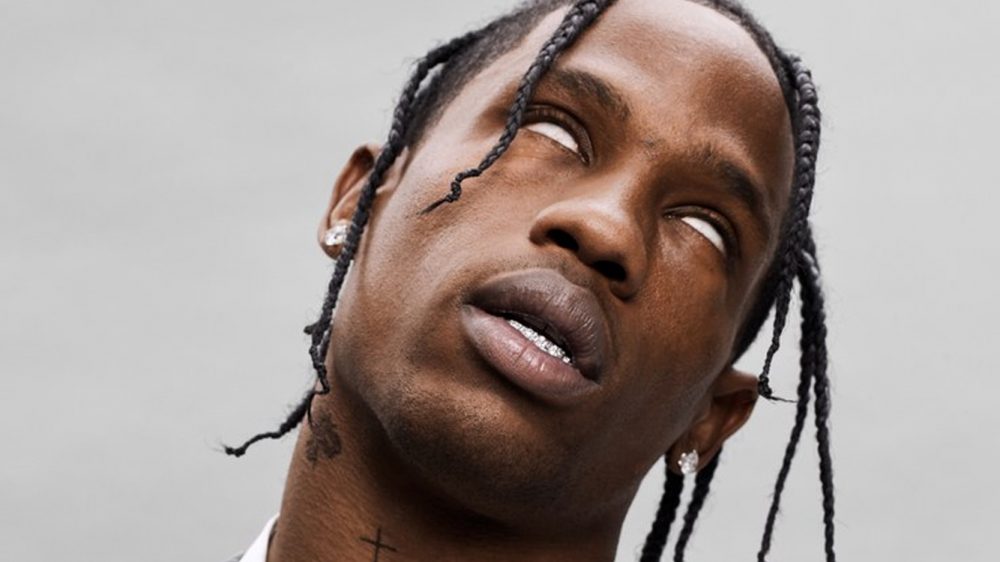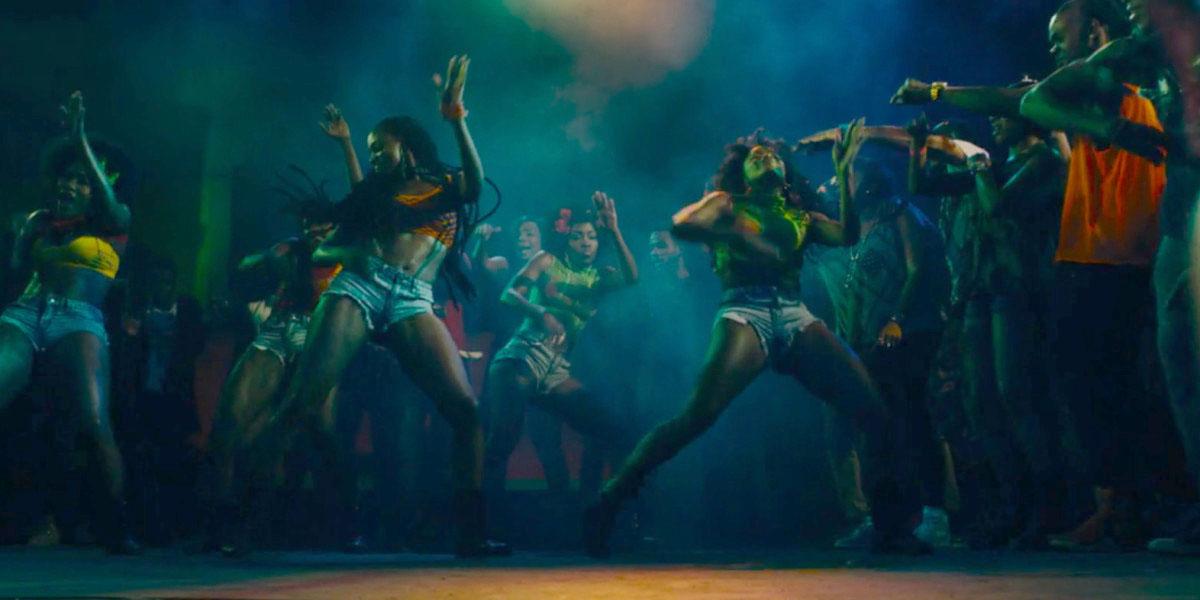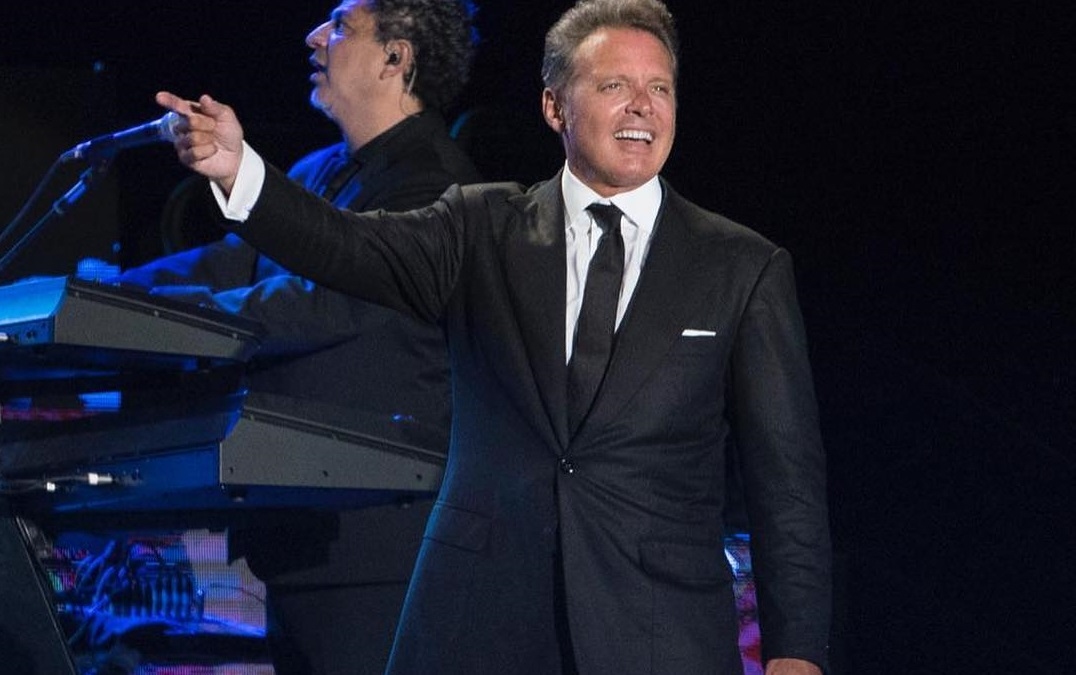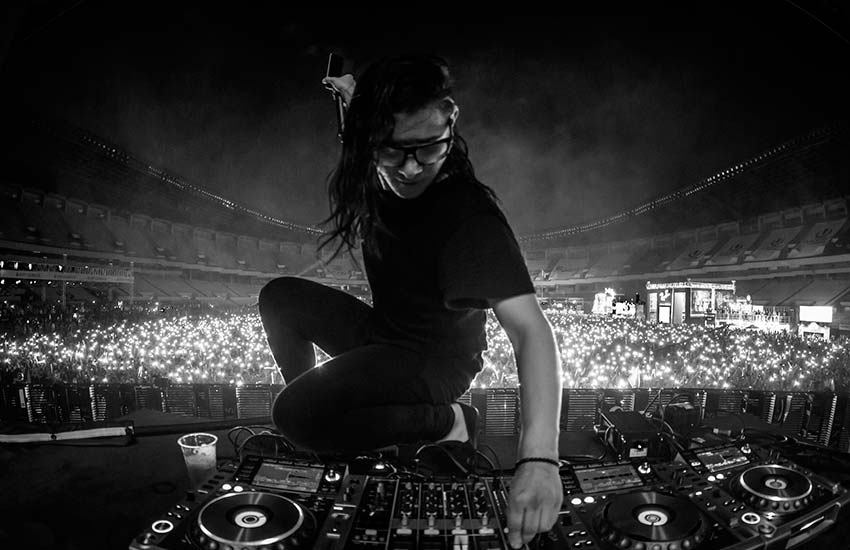Rap. The acronym for rhythm and poetry. A much bigger world than we imagine. Today I’ll tell you about its history, my influences and my way of working the genre 😉
Short overview on the history of rap and hip hop culture
Rap comes from ancient times, but for real; as an anecdote, troubadours were already doing cockfights, improvising rhymes in the street making fun of their opponents just as it is done today in the FMS or in Red Bull among others (it is something I discovered during my musical research career in Oviedo studying antiquity and European pagan music).
Although the history of rap is so enormous that it would not fit in an informative blog like this one, I would like to focus a little on the whole range of possibilities that rap has within a culture that lends itself so well to mixing and fusion like hip hop. Hiphop culture was born in the 1970s in the United States. It has several components that make it up: street art (graffiti, breakdance…), scratching and powerful rhythms accompanied by poetry and Flow. Within this last element, which is what brings us here today, there is room for a thousand stories, themes and genres.
As long as we have a rap beat, styles like jazz, funk, r&b, soul, trap, cinematic music, classical music, lofi, heavy metal, latin music… absolutely everything fits, and that’s why this is my genre and my great speciality as an artist and producer in the electronic music area.

Why am I specialising in rap?
To give you an example of this specialisation I’m carrying out with hip hop culture and especially rap, my album, The city says hi, is pure rap, especially mixed with r&b, funk and jazz among others. Samples chopped up and bumped in a thousand ways to create a new melody, a new music; old piano sounds, analogue synthesizers that sound fat; legendary drum machines and midi sound libraries of the best range to get my music to resemble an aesthetic that I’m passionate about. Of course, this is an album as a creative catalogue, so there are no vocals, I just showcase my bases; the melody that should carry the voice is outlined by some lead or piano in mid/high frequencies.
This genre gives me so many possibilities and so much freedom that I have chosen it as my genre, and I am especially focused on it; its rhythm makes my mind beat, and the rest (harmony and melody) is drawing on an empty canvas in my own way, without rules, so the result is always spectacular. Another example outside of my album is my Instagram profile, @dakotapulse_ , where I upload a lot of hip hop music, with different mixes. I like old school, vaporwave, lofi, jazz and old school styles, but I handle all aesthetics derived from rap at a very high level, since I’ve been listening to Spanish and Anglo-Saxon rap for many years (50cent, Snoop Dog, Eminem, Violadores del verso, Hablando en Plata, SFDK…).
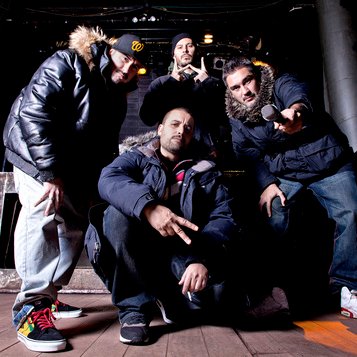
My influences when it comes to producing rap bases
But I’m not going to talk about the masters of Hispanic and Anglo-Saxon rap, as you know them well enough: I’m going to talk about the influences that I have personally chosen to build my style within the rap genre: the first one I have to name is Anomalie, without a doubt. From him I have learned to imitate many audio techniques based on the mastering of bass frequencies and bass compression and the increase of possibilities regarding headroom and high volumes.
In rap in general, the bass drum and bass guitar have to be exaggeratedly big, and the rest has to be little more than circumstantial and accessory, so the elements that have to be worked on the most are the bass and all the percussion in general. Each sound has to breathe, to go up and down depending on whether or not the bass drum is present at any given moment, the rest is to introduce samples that sound interesting and/or sickly, and repeat them like crazy to the point of satiety. Here I show you a vivid example of what I’m talking about: the whole first Anomalie EP is a true masterpiece, but this track is the one that has marked me the most and from which I’ve been able to learn the most, I hope you like it!
Regarding the old school style, there are two rap producers that I like very much and I think they emulate perfectly the most classic American style rap: one is Cookin Soul, who is absolutely devastatingly brutal.
and the other one is Ramsay beats, who is a crack that produces and distributes his music here in Spain.
But that’s not all, because as I said, in my little home studio I also work on hip hop, and I produce, mix and master rap tracks and whole rap albums for independent artists who need quality music for their musical projects. Here you have a small sample of my rap music, I hope you like it!
See you next week with a blog titled: “Why doesn’t Latin hip hop fusion triumph internationally?” If you want to know I’ll wait for you here for the next chat 😉
Remember that you can buy a dembow, reggaeton, drill, rap, trap, pop, r&b custom beat, etc! A la carte.
Here are some other blogs in the same vein:
